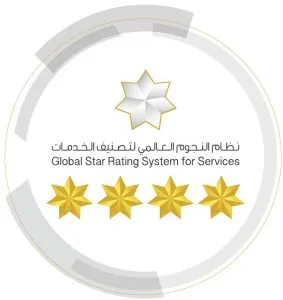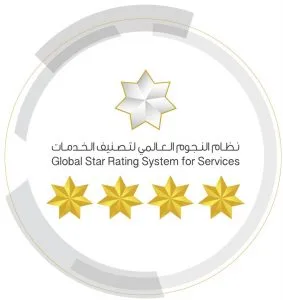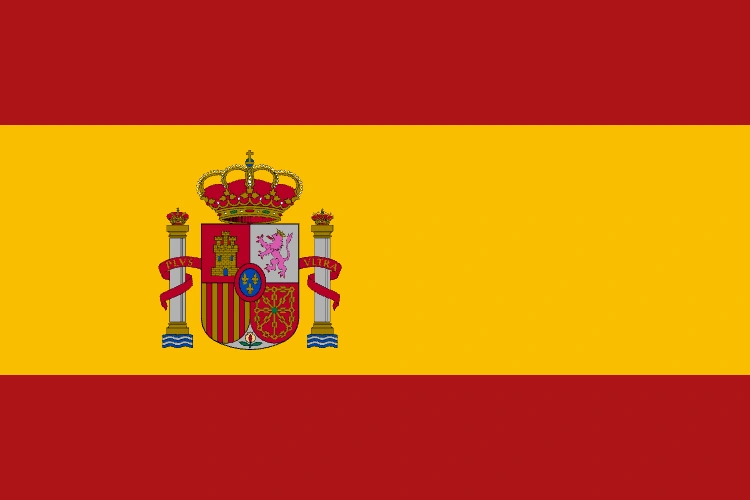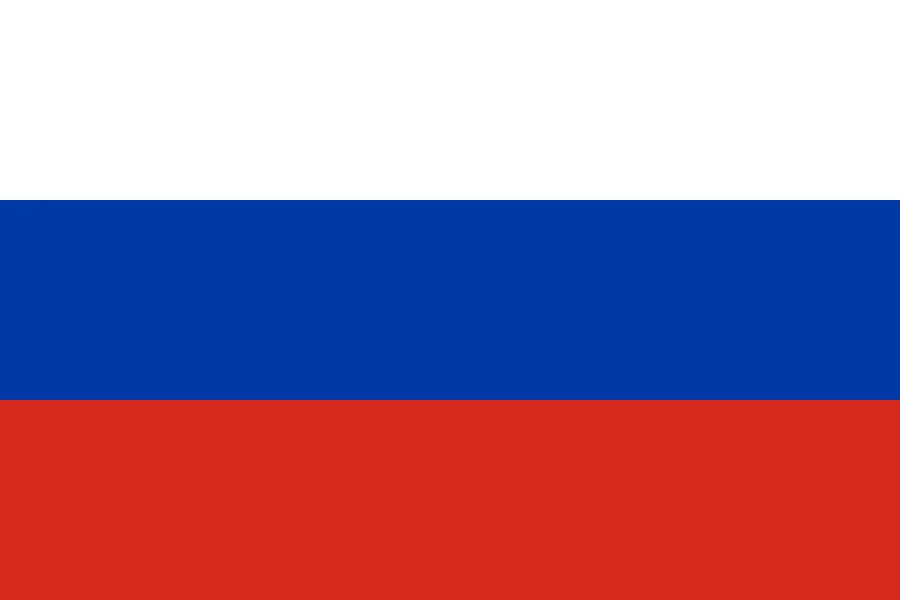Learning is a lifelong process
07/04/2014
His Highness Sheikh Mohammed Bin Rashid Al Maktoum, Vice President and Prime Minister of the UAE and Ruler of Dubai, recently said “All can learn from ‘five star’ service centres.” The word “learn” in HH Sheikh Mohammed’s statement led me to questions like: What is learning? How do we learn? Who is to learn? What are the types of learning? At that moment, I remembered the story of a manager in a multinational company who had a project idea and did not leave any chance to talk about it and the huge profits that the company would earn from it.
After the idea had been presented to him, the company CEO found the project had a poor chance for success but agreed to it following the young director’s insistence. The $10-million project failed at the end and the young manager offered his resignation, which was rejected by the CEO. “We have neither lost nor failed; we have learnt lessons worth $10 million”, the CEO said.
Learning is always an absent/present issue; a word we repeatedly utter but only a few apply the lessons learnt. “The only truly sustainable competitive advantage is the ability to learn”, says Jack Welch, CEO of General Electric. So, what is learning? who is to learn? Are they the managers or the staff? Is there corporate learning?
There are four levels of learning: individual learning, collective learning, organizational learning at the level of the organization as a whole – such as learning through benchmarking, audits and quality awards – and finally government learning. Each of those levels has its own application strategies. In order for the process of learning in its 4 levels to be implemented and for learning to turn into a useful practice, we must ensure the availability of essential resources.
Learning has become an industry worth of billions; in the United States, the annual spending on organizational learning exceeds $160 billion and there are currently jobs that are based on organizational learning industry. So, we badly need to learn how to learn due to the fact that learning can add a value to what we do towards reaching an innovation and knowledge-based society, which has the highest levels of quality and ensures happiness in life. Learning is a lifelong process
Latest Blogs
“Customer Councils” as an Opportunity to Improve Services and Enhance Transparency
Youth and Future Vision of the UAE ICP
Emirates Customs” a unified identity to enhance competitiveness
Zero Government Bureaucracy Programme… Emirati leadership
Cancellation of the ‘residence sticker’ is a step to make Customers Happy
The third generation of developed identity and citizenship services embodies the fifty principles
You can help us improve by providing your feedback about your experience.
Have you recently used our services through our digital platforms?





 German
German Portuguese
Portuguese French
French Russian
Russian Chinese
Chinese
Rate your experience